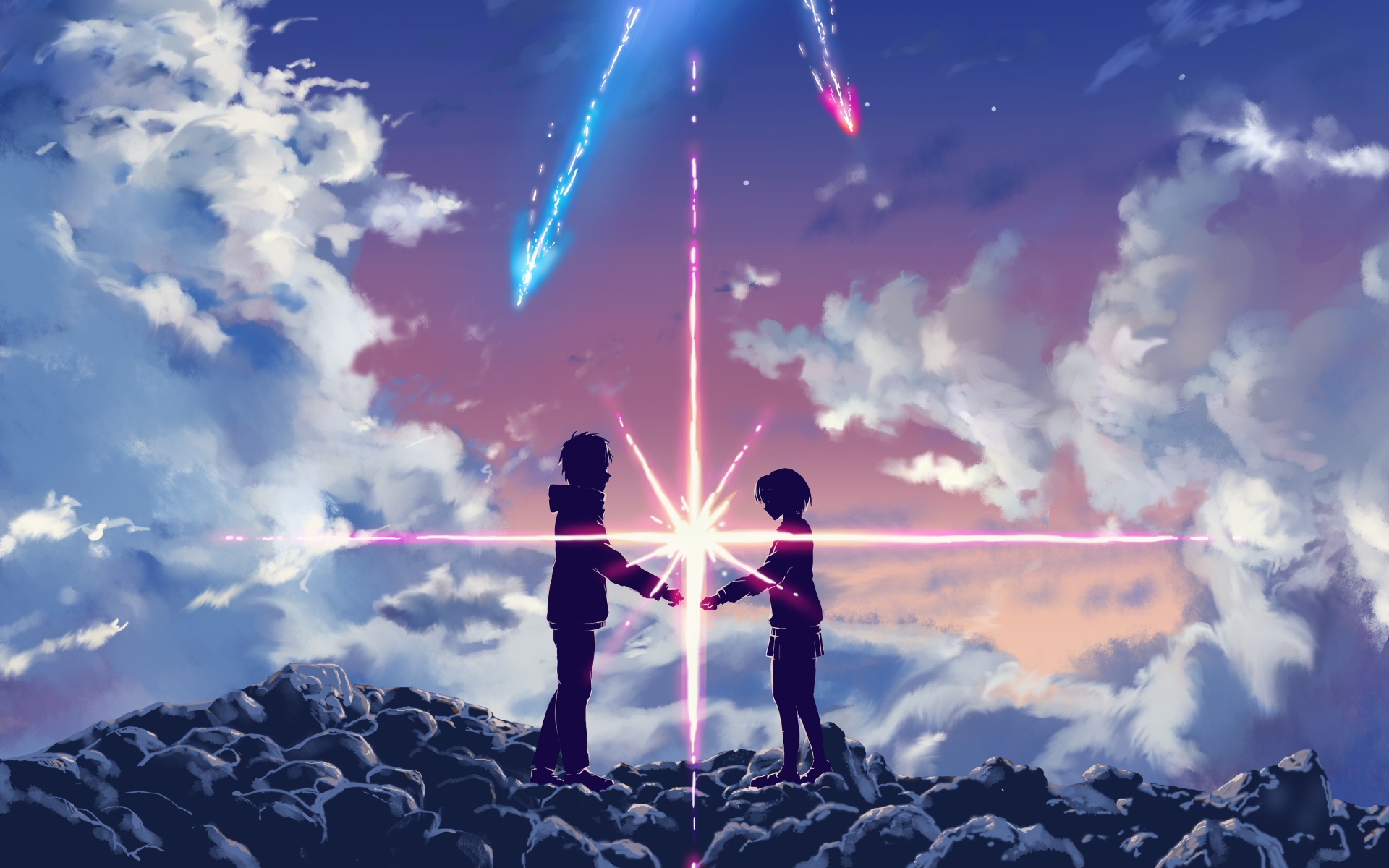With the distant release of Your Name, will Hollywood surpass fans’ expectations? Or will it release yet another anime adaptation flop with whitewashed roles and unfaithful storytelling?
In the world of Hollywood, film sequels and remakes seem to be an ever growing, dominating force at the box-office. The endeavour of turning classic animated films into live-action remakes is one that has proved quite successful thus far, particularly for Disney, whose restoration of well renowned animated classics have enabled them to attract widespread and enthusiastic audiences. However, in regard to anime, it seems as though Hollywood still hasn’t discovered the secret to making that smooth transition from animation to live-action feature.
This discussion is prompted by the announcement that acclaimed director J.J. Abrams will be adapting the much beloved Japanese anime film Your Name. The original animated version, which came out in 2016, features on IMBDs top 100 films list and is critically regarded as a masterpiece. While the announcement of this remake should make fans eager with anticipation, the general response has been more aligned with a sense of trepidation. Although the story and one of its key producers are both highly regarded, Hollywood’s reputation for adapting anime favourites is not, with controversy over whitewashing being the start of a long list of problems.

Evidence of this can be found by looking no further than the 2017 film Ghost in the Shell. This adaptation was met with a lukewarm response from critics and incited outrage from fans, as the protagonist, a Japanese heroine, was acted by none other than Scarlett Johansson. Netflix then picked up the mantle, continuing this trend with its whitewashed version of the manga series Death Note and extending beyond anime, The Great Wall of China (2016), yet another film that features a white saviour protagonist. This disturbing trend demonstrates that while Hollywood is one of the biggest offenders, it is not alone in its tendency to whitewash.
However, it is not just the problematic issue of whitewashing that affects the reception of anime adaptations, but also the complete lack of care and disregard for the original source material that can often go into these live-action remakes. The prime example of this is the 2009 ‘film’ Dragonball: Evolution, perhaps one of the biggest affronts to anime in recent years. This live-action adaptation is laughably atrocious, with lazy storytelling, watered down characters and a complete disregard for the original source material. Based off of these examples alone, it is easy to see why the distant adaptation of Your Name is generating so much anxiety, with fears of the film being stripped of its individual Japanese qualities by being given the Hollywood whitewash treatment. This anxiety is particularly heightened because of just how popular and beloved the original film is, presenting added pressure to its director and producers to really capture the essence and emotion of the story.
Despite all of these past cinematic misdirections and flops, not all hope is lost for Your Name. Abrams will be teaming up with producers from the original animated film, including Genki Kawamura who will write the screenplay. With a team that intimately knows the source material and such a prolific producer and director such as Abrams, hopefully any negative expectations will be surpassed and do justice to the animated film that fans love so much. The issue of whitewashing is something that needs to be properly addressed in Hollywood and hopefully Abrams and his team will help to suppress this problematic and distressing issue. In regard to Your Name, whether it will surpass expectations or even be as good as the original, we will have to wait and see until its release.
Lucy Carr
(Image courtesy of Funimation Films)

